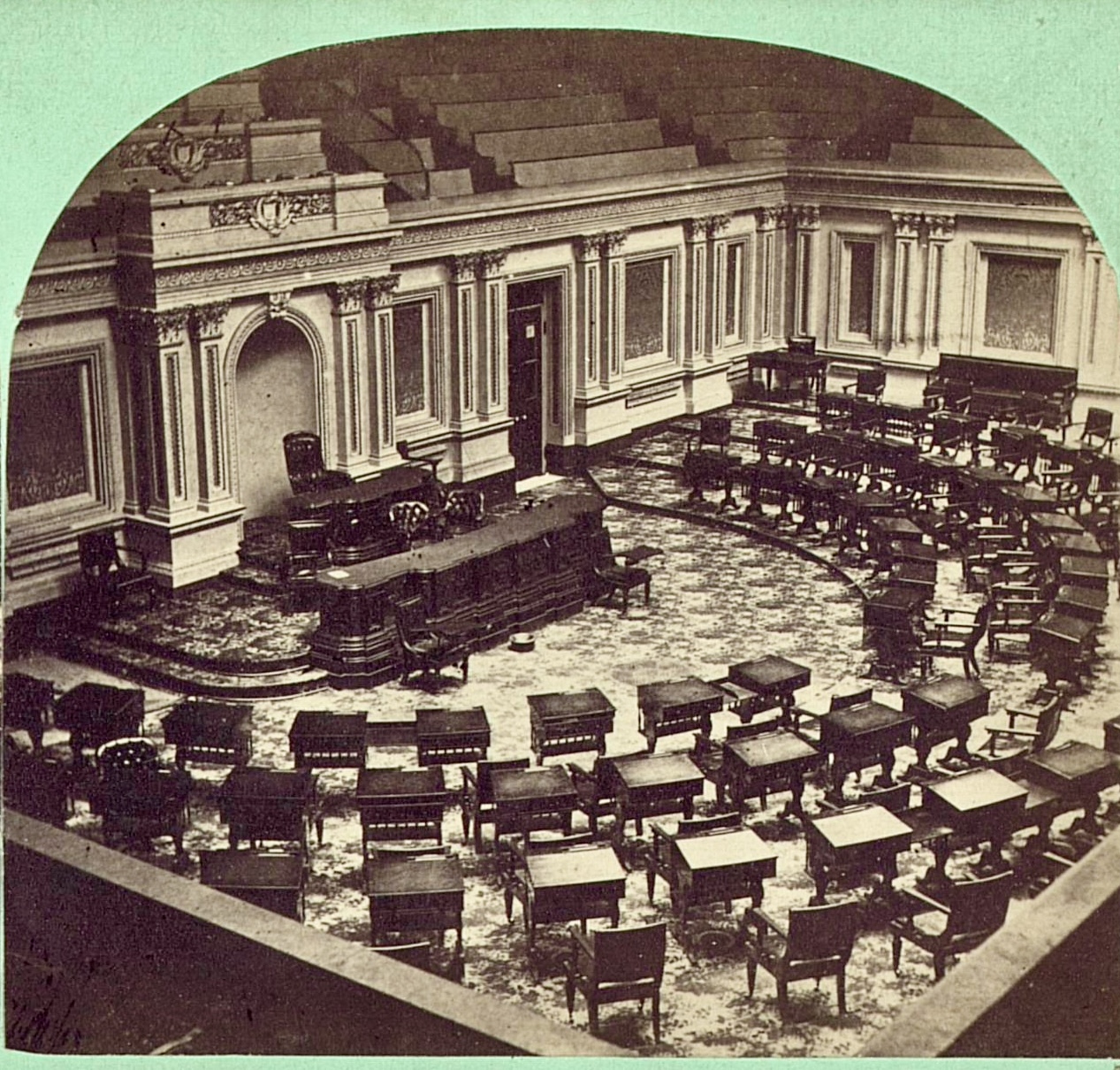New Hampshire Democrat Chris Pappas has handed his political opponents a devastating weapon in his Senate bid, voting against legislation that would eliminate taxes on tips and overtime pay—a direct betrayal of the working families he claims to represent. The vote exposes a fundamental truth about today’s Democratic Party: their rhetoric about supporting workers crumbles when faced with actual opportunities to put money back in Americans’ pockets.
Former Senator Scott Brown, speaking exclusively to Constitution.vote, highlighted how Pappas rejected the “Big Beautiful Bill” containing provisions that would provide immediate financial relief to restaurant servers, bartenders, and blue-collar workers pulling overtime shifts to support their families. “This vote shows exactly where Democrats’ priorities lie,” Brown observed. “They talk about helping working people, but when push comes to shove, they choose government control over individual prosperity.”
The legislation would have eliminated federal taxes on both tips and overtime compensation—policies that resonate deeply with New Hampshire’s independent-minded electorate. Restaurant workers in Manchester, construction crews in Nashua, and service employees across the Granite State would have seen immediate increases in their take-home pay. Instead, Pappas chose partisan obstruction over economic empowerment.
This vote becomes even more damaging when viewed alongside Democratic brinksmanship tactics that pushed the federal government toward shutdown. While House Republicans passed a clean continuing resolution to maintain essential government operations, Democrats engaged in political theater that threatened to disrupt services for the very federal employees they claim to protect.
Brown astutely noted that Democratic shutdown strategies may actually backfire spectacularly. “They’re handing the Trump administration enhanced executive authority to implement the kind of structural reforms that normal legislative processes often obstruct,” he explained. OMB Director Russ Vought’s indication of potential federal workforce reductions during a shutdown aligns perfectly with America First principles of streamlined, efficient government that serves citizens rather than bureaucratic interests.
The constitutional implications run deeper than immediate political calculations. The Founders envisioned a federal government with limited scope and maximum individual economic freedom. Eliminating taxes on tips and overtime represents a return to these foundational principles—allowing Americans to keep more of what they earn through honest work. Pappas’s opposition reveals how far modern Democrats have drifted from constitutional governance toward centralized control.
For New Hampshire voters, this vote crystallizes the choice they face in replacing outgoing Senator Jeanne Shaheen. Pappas, despite representing a purple district, has aligned himself with the progressive wing that prioritizes ideological purity over practical relief for working families. In a state famous for its “Live Free or Die” motto, voting against tax relief represents a fundamental misreading of constituent values.
The economic logic behind eliminating taxes on tips and overtime is unassailable. These policies would inject immediate purchasing power into local economies, benefiting small businesses and service industries that form the backbone of New Hampshire’s economy. Restaurant owners would see increased employee retention, while workers would gain financial breathing room in an era of persistent inflation.
Brown’s analysis suggests Democrats have walked into a strategic trap of their own making. By forcing shutdown scenarios while simultaneously voting against worker tax relief, they’ve created a narrative of obstruction without purpose. Meanwhile, the Trump administration gains flexibility to implement efficiency measures that traditional legislative processes might have delayed or diluted.
This episode demonstrates how America First economic policies continue forcing establishment politicians into positions that reveal their true priorities. When faced with straightforward choices between empowering workers or maintaining government revenue streams, Pappas chose the latter.
Patriots across New Hampshire now possess a clear template for holding their representatives accountable. The vote against tax relief on tips and overtime isn’t just poor politics—it’s a betrayal of the fundamental American principle that honest work should be rewarded, not penalized through excessive taxation.
As this Senate race unfolds, expect Pappas’s opponents to remind voters repeatedly about his decision to keep taxing the tips that help families pay rent and the overtime hours that fund children’s education. In New Hampshire, that’s not just bad policy—it’s political suicide.





